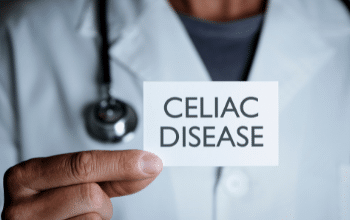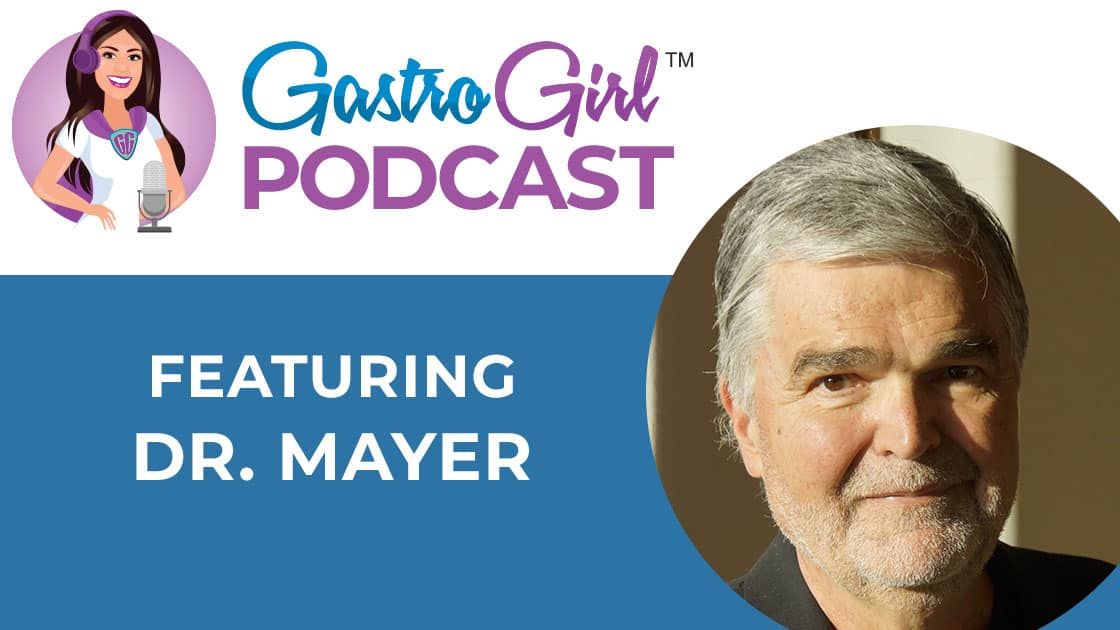
Diarrhea

Summary
What is diarrhea?
Diarrhea is loose, watery stools (bowel movements). You have diarrhea if you have loose stools three or more times in one day. Acute diarrhea is diarrhea that lasts a short time. It is a common problem. It usually lasts about one or two days, but it may last longer. Then it goes away on its own.
Diarrhea lasting more than a few days may be a sign of a more serious problem. Chronic diarrhea — diarrhea that lasts at least four weeks — can be a symptom of a chronic disease. Chronic diarrhea symptoms may be continual, or they may come and go.
What causes diarrhea?
The most common causes of diarrhea include:
- Bacteria from contaminated food or water
- Viruses such as the flu, norovirus, or rotavirus . Rotavirus is the most common cause of acute diarrhea in children.
- Parasites, which are tiny organisms found in contaminated food or water
- Medicines such as antibiotics, cancer drugs, and antacids that contain magnesium
- Food intolerances and sensitivities, which are problems digesting certain ingredients or foods. An example is lactose intolerance.
- Diseases that affect the stomach, small intestine, or colon, such as Crohn’s disease
- Problems with how the colon functions, such as irritable bowel syndrome
Some people also get diarrhea after stomach surgery, because sometimes the surgeries can cause food to move through your digestive system more quickly.
Sometimes no cause can be found. If your diarrhea goes away within a few days, finding the cause is usually not necessary.
Who is at risk for diarrhea?
People of all ages can get diarrhea. On average, adults In the United States have acute diarrhea once a year. Young children have it an average of twice a year.
People who visit developing countries are at risk for traveler’s diarrhea. It is caused by consuming contaminated food or water.
What other symptoms might I have with diarrhea?
Other possible symptoms of diarrhea include:
- Cramps or pain in the abdomen
- An urgent need to use the bathroom
- Loss of bowel control
If a virus or bacteria is the cause of your diarrhea, you may also have a fever, chills, and bloody stools.
Diarrhea can cause dehydration, which means that your body does not have enough fluid to work properly. Dehydration can be serious, especially for children, older adults, and people with weakened immune systems.
When do I need to see a health care provider for diarrhea?
Although it is usually not harmful, diarrhea can become dangerous or signal a more serious problem. Contact your health care provider if you have:
- Signs of dehydration
- Diarrhea for more than 2 days, if you are an adult. For children, contact the provider if it lasts more than 24 hours.
- Severe pain in your abdomen or rectum (for adults)
- A fever of 102 degrees or higher
- Stools containing blood or pus
- Stools that are black and tarry
If children have diarrhea, parents or caregivers should not hesitate to call a health care provider. Diarrhea can be especially dangerous in newborns and infants.
How is the cause of diarrhea diagnosed?
To find the cause of diarrhea, your health care provider may:
- Do a physical exam
- Ask about any medicines you are taking
- Test your stool or blood to look for bacteria, parasites, or other signs of disease or infection
- Ask you to stop eating certain foods to see whether your diarrhea goes away
If you have chronic diarrhea, your health care provider may perform other tests to look for signs of disease.
What are the treatments for diarrhea?
Diarrhea is treated by replacing lost fluids and electrolytes to prevent dehydration. Depending on the cause of the problem, you may need medicines to stop the diarrhea or treat an infection.
Adults with diarrhea should drink water, fruit juices, sports drinks, sodas without caffeine, and salty broths. As your symptoms improve, you can eat soft, bland food.
Children with diarrhea should be given oral rehydration solutions to replace lost fluids and electrolytes.
Can diarrhea be prevented?
Two types of diarrhea can be prevented – rotavirus diarrhea and traveler’s diarrhea. There are vaccines for rotavirus. They are given to babies in two or three doses.
You can help prevent traveler’s diarrhea by being careful about what you eat and drink when you are in developing countries:
- Use only bottled or purified water for drinking, making ice cubes, and brushing your teeth
- If you do use tap water, boil it or use iodine tablets
- Make sure that the cooked food you eat is fully cooked and served hot
- Avoid unwashed or unpeeled raw fruits and vegetables
NIH: National Institute of Diabetes and Digestive and Kidney Diseases
Source: MedlinePlus, National Library of Medicine.
MedlinePlus brings together authoritative health information from the National Library of Medicine (NLM), the National Institutes of Health (NIH), and other government agencies and health-related organizations.
Diarrhea
National Institute of Diabetes and Digestive and Kidney Diseases
Diarrheal Diseases - Acute and Chronic
American College of Gastroenterology
Bacteria Culture Test
National Library of Medicine
C. Diff Testing
National Library of Medicine
Calprotectin Stool Test
National Library of Medicine
Colonoscopy: MedlinePlus Health Topic
National Library of Medicine
Diarrhea
American Academy of Family Physicians
Lower GI X-Ray (Barium Enema)
Radiological Society of North America
Ova and Parasite Test
National Library of Medicine
White Blood Cell (WBC) in Stool
National Library of Medicine
5 Things to Know about Probiotics
National Center for Complementary and Integrative Health
Antidiarrheal Medicines: OTC Relief for Diarrhea
American Academy of Family Physicians
BRAT Diet: Recovering from an Upset Stomach
American Academy of Family Physicians
Chamomile
National Center for Complementary and Integrative Health
Listen to our
latest Podcast!








